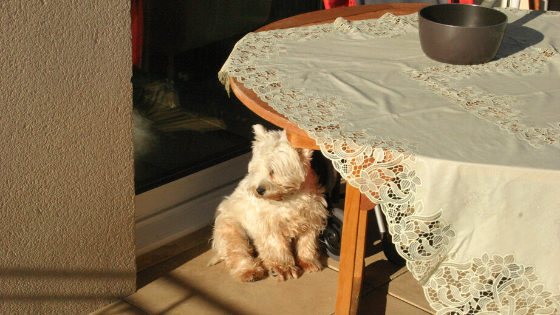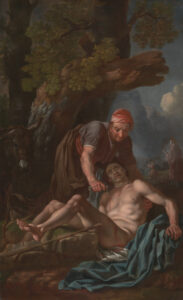A Wonka Way of Life
A Wonka Way of Life
I love board games. I especially love them now that my kids have graduated from Candyland to (slightly) more advanced and strategic games. I find that playing board games with my kids is the easiest way for me to have them off screen time without them driving me insane or physically accosting each other. (Yes, my girls look adorable, but they’re feisty.)
Our current family favorite is Willy Wonka’s The Golden Ticket Game. Essentially, you play as one of the five children from the film, and collect Willy Wonka Bars through various actions. At the end of the game, when all the pretend candy bars have been collected, the players look inside their Wonka Bars to discover if they have won one of the coveted Golden Tickets. At least one player is left without a Golden Ticket, more if someone is lucky enough to have found more than one ticket in his or her own stock pile of candy bars.
Since they were itty bitty, I’ve never let my kids win at games. (Okay, maybe I skew the game a little bit, but I’ve never completely thrown one.) I believe that learning how to deal with losing is an absolutely fundamental skill that our kids need to learn as early as possible. We have a little song that the loser sings to the winner after a game, which goes, “You won, you won, but I had a lot of fun.” Then the winner has to clean up the game so there’s a tiny bit of retribution.
The original Willy Wonka and the Chocolate Factory movie from 1971 still gets regular viewing around our house too. (The anticipation is already growing for the Willy Wonka origins story releasing later this fall.) In the original film, we meet the eccentric Willy Wonka, who lives in a realm that seems contrary to the rest of the world. His jovial spirit and quirky mannerisms can seem enticing and confusing at the same time. He delivers countless iconic lines; my favorite one is when, after he says that they have so little to do with so much time, he exclaims, “Wait. Strike that. Reverse it.”
I feel like Jesus says that to me too in my call to Christianity. He says, “The world is doing X, but you need to strike that and reverse it.”
The American cancel-culture is infectious these days. When a person makes a single mistake, we are not only permitted but encouraged to cut them out of our lives permanently. This goes for celebrities and family members alike. If someone doesn’t agree with our religious or political views, we simply unfollow and block all communication. If someone hurts us, we self-medicate with booze instead of searching for true peace through forgiveness. We justify and excuse our actions because the rest of the world behaves that way too.
As Christians, we are called to live an upside-down, Willy-Wonka-type life. Where others refuse to forgive, we are called to love all the more deeply. Where others seek worldly recognition, we are called to work lovingly from the shadows. Where others seek riches, we are called to generously share all that we have been given. When the world says, “Do X,” we have to wait, strike that, and reverse it.
© Maria Riley 2023
Photo License: https://creativecommons.org/licenses/by-sa/2.0/deed.en





